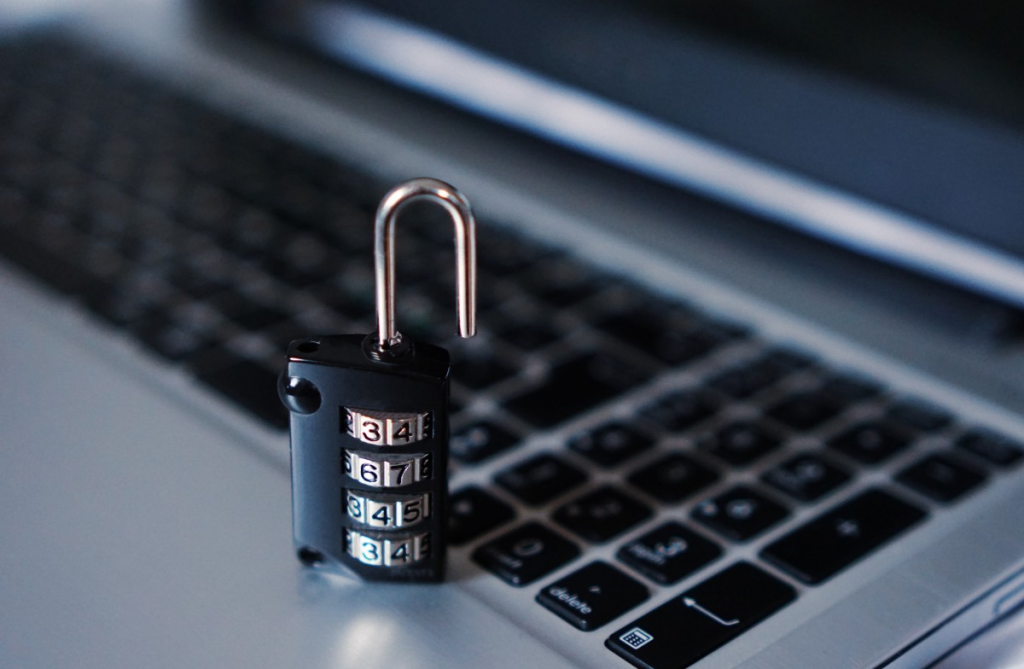Cybersecurity For Lawyers
No one is safe from cyber-attacks unless you live in a remote village with no access to the internet or the rest of the world. Lawyers and law firms haven’t been spared either, as they tend to have sensitive information about their clients and businesses.
The last year has seen a change in the work environment, with more legal teams adopting work from home. This means that legal teams can access sensitive information from remote places using their phones, computers, tablets, etc.

This opens up the law firm to cyber-attacks through social engineering, phishing emails, malware, etc. When working from remote locations, connections are often less secure, allowing cybercriminals easier access into the law firm’s network.
For many businesses, it’s relatively easy to recover from a cyber-attack or breach. However, lawyers have it rough as they’re contractually and ethically required to protect confidential information.
Think about the ramification of a breach and what it would do to your practice. Your law firm holds information on high-value targets such as businessmen, politicians, celebrities, etc. This data is highly attractive to cybercriminals; thus, they’ll look for vulnerabilities in your cyber defenses.
The best way to keep out these criminals is to invest in cybersecurity. Make it a continuous investment that seeks to improve current cybersecurity strategies. With such investments, you’ll never be in the category of companies that have been breached and have no knowledge of the breach.
Responsibility To Safeguard Client Data
Law firms deal with tons of information, most of which is sensitive and confidential. It would require an incredible amount of storage to keep these documents. This is why most of the documents have been digitized.
However, this presents a different challenge in terms of cybersecurity. With this in mind, your cybersecurity team needs to figure out how to secure client data for ethical reasons and protect your business interests.
Ethical Obligations
Legal professionals in the U.S. are ethically bound by the American Bar Association’s Model Rules of Professional Conduct. According to Model rule 1.6, which governs the confidentiality of information, lawyers can’t disclose information relating to the representation of their clients unless they have consent from the clients. However, lawyers can reveal information relating to the case and client, but a breach ain’t one of the ways to do so.
Also, part (c) of rule 1.6 states that lawyers must make efforts to prevent unauthorized access to information relating to their clients. This means you can’t provide privileged information to opposing counsel, access sensitive information from unprotected devices, leave confidential information in public places or send the info to the wrong recipients. The rule also encompasses failure to protect your client’s information from insider threats and other forms of cyberattacks.
Rule 5.3 covers responsibilities regarding nonlawyer assistants. This rule was added to ensure that attorneys take extra precautions when outsourcing services to nonlawyers. For example, if you intend to outsource legal transcription to a transcription company, ensure that you conduct due diligence, supervise their work, and other measures that guarantee confidentiality.
Ethical Rules
With the advent of the internet, communication is now done via emails, messages, calls, and other forms of electrical communication. This is why rule 1.6 part (c) states that lawyers must take precautions to protect client information. If this means using encryptions, firewalls, and VPNs to protect sensitive information, so be it.
Complying With The Duties
Cyber-attacks are constantly evolving, and your measures should reflect the same. These attacks are persistent even in the face of state-of-the-art defenses. Therefore, don’t treat cybersecurity as a one-off investment that you can forget about in a few months.
Attacks are evolving, and so should your security strategies. Start by selecting a cybersecurity team that includes cybersecurity professionals. Define everyone’s duties and create an inventory of your information assets. You can only protect information if you know where it is; thus, organizing your data storage. Conduct a risk assessment test on your information assets to identify high-risk and low-risk assets, as well as threats.
Create a cybersecurity program that addresses these risks and provides security solutions. The solutions need to consider the amount of data your law firm handles. This will ensure that your program has the capacity to monitor network activity for potential threats. Humans are often the biggest liability in any security system as they can be compromised. Therefore, train and educate your employees on digital hygiene standards, ethical rules, and obligations.
Improve their awareness of cyber threats, how to identify, prevent and thwart them. Also, create data protection plans in case of a cyber-attack. This will help prepare your cybersecurity team and employees in case of a data breach. They’ll know how to respond to it, which areas to prioritize and how to recover after the breach.